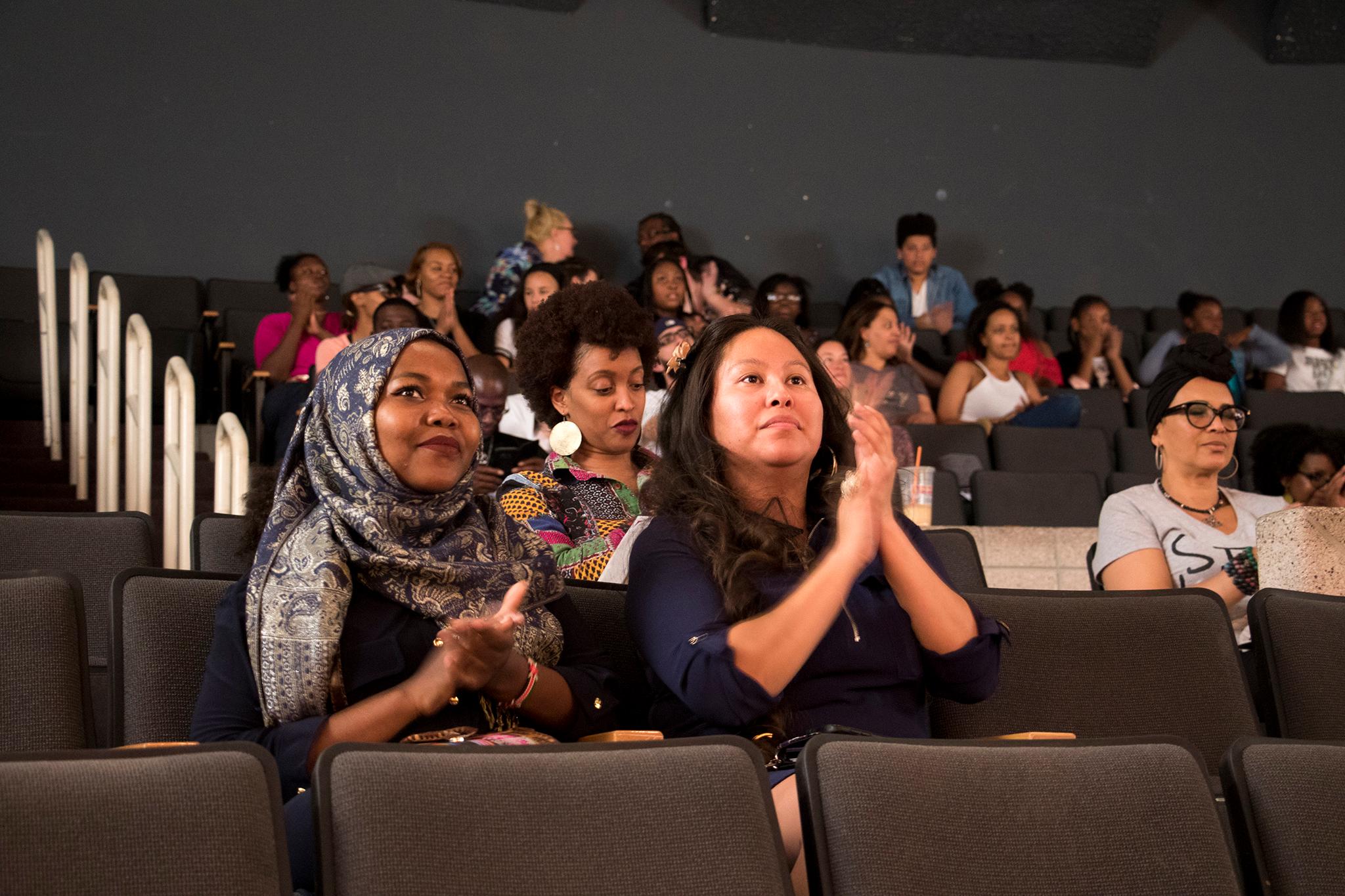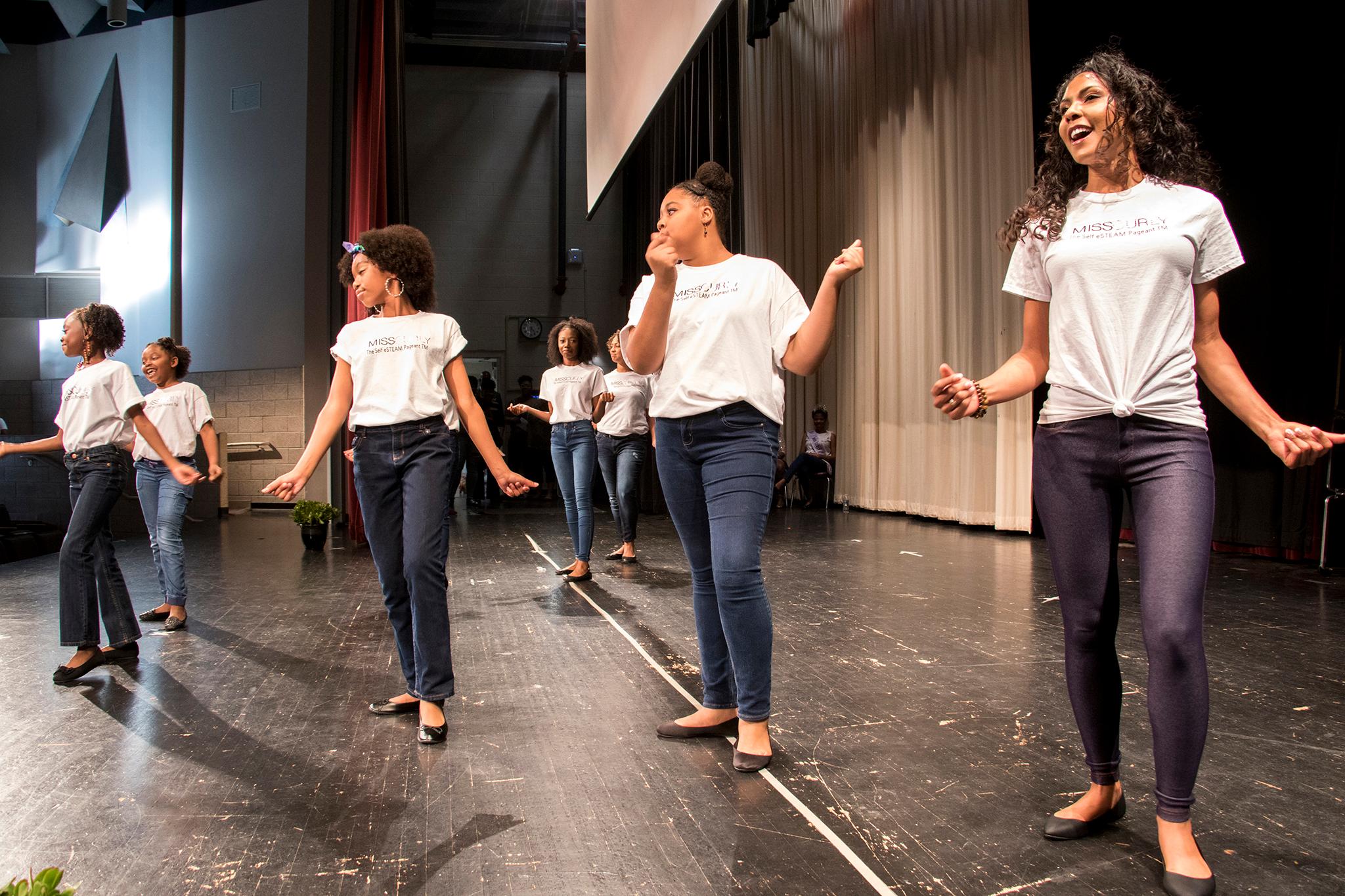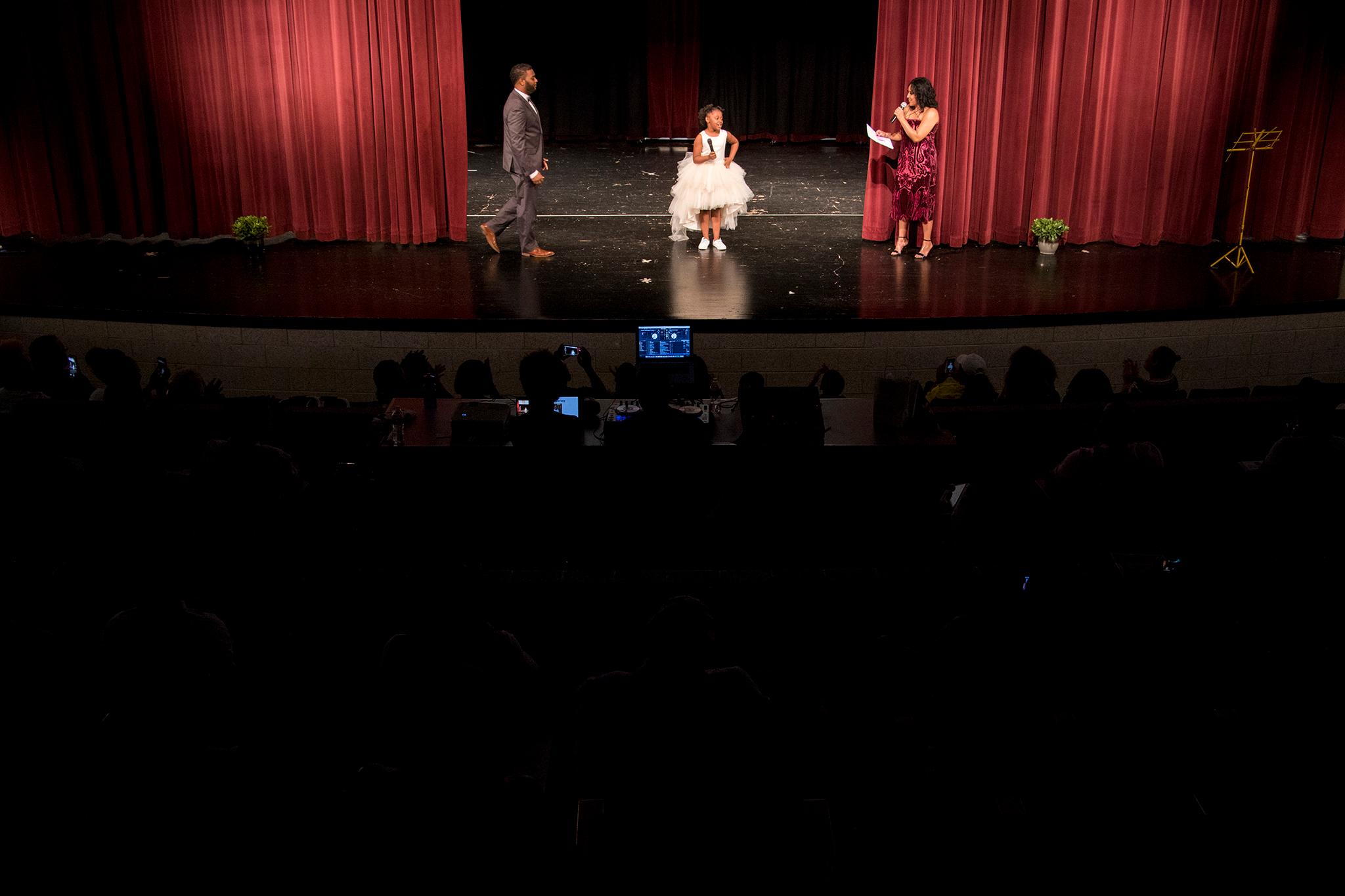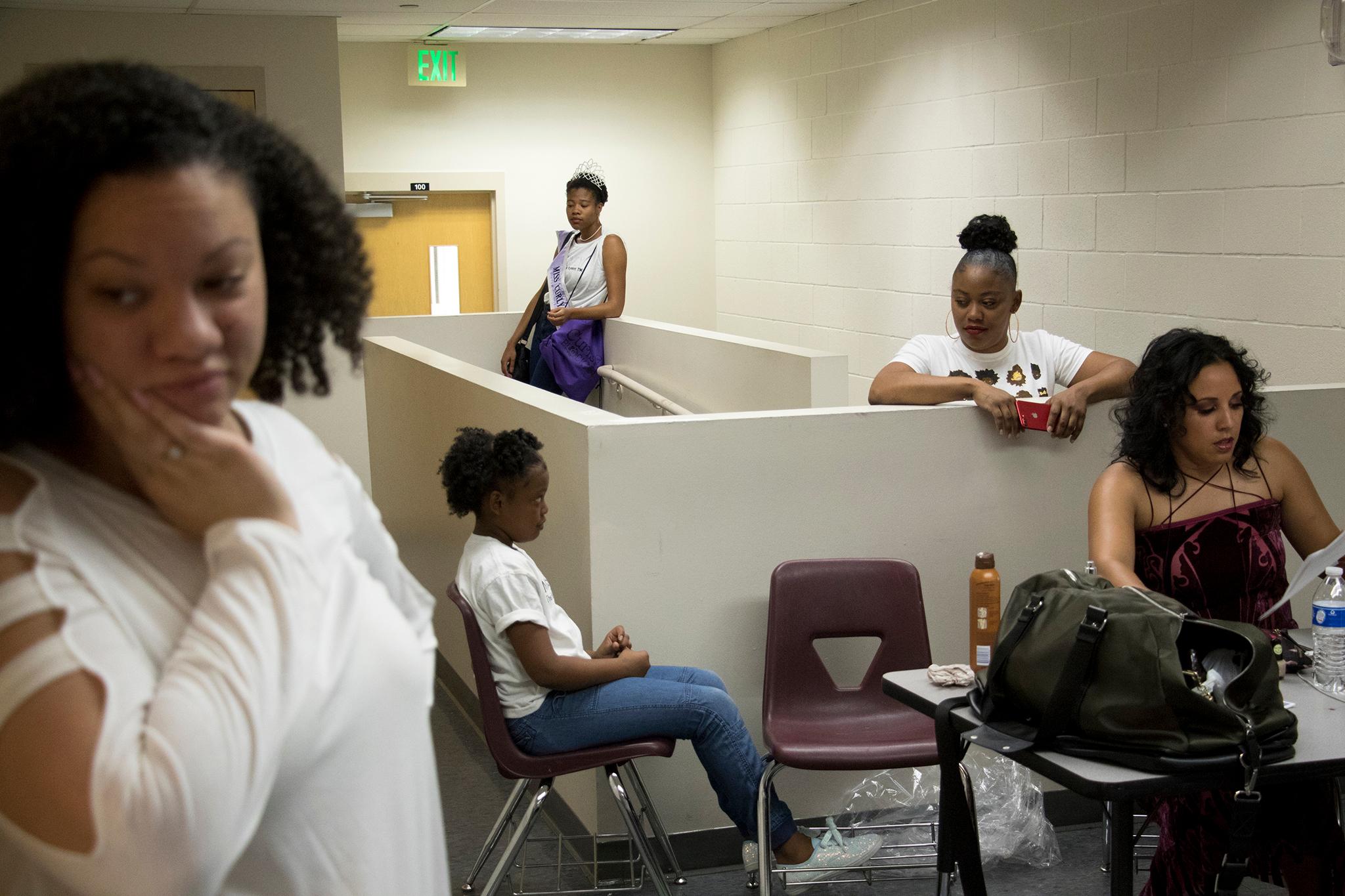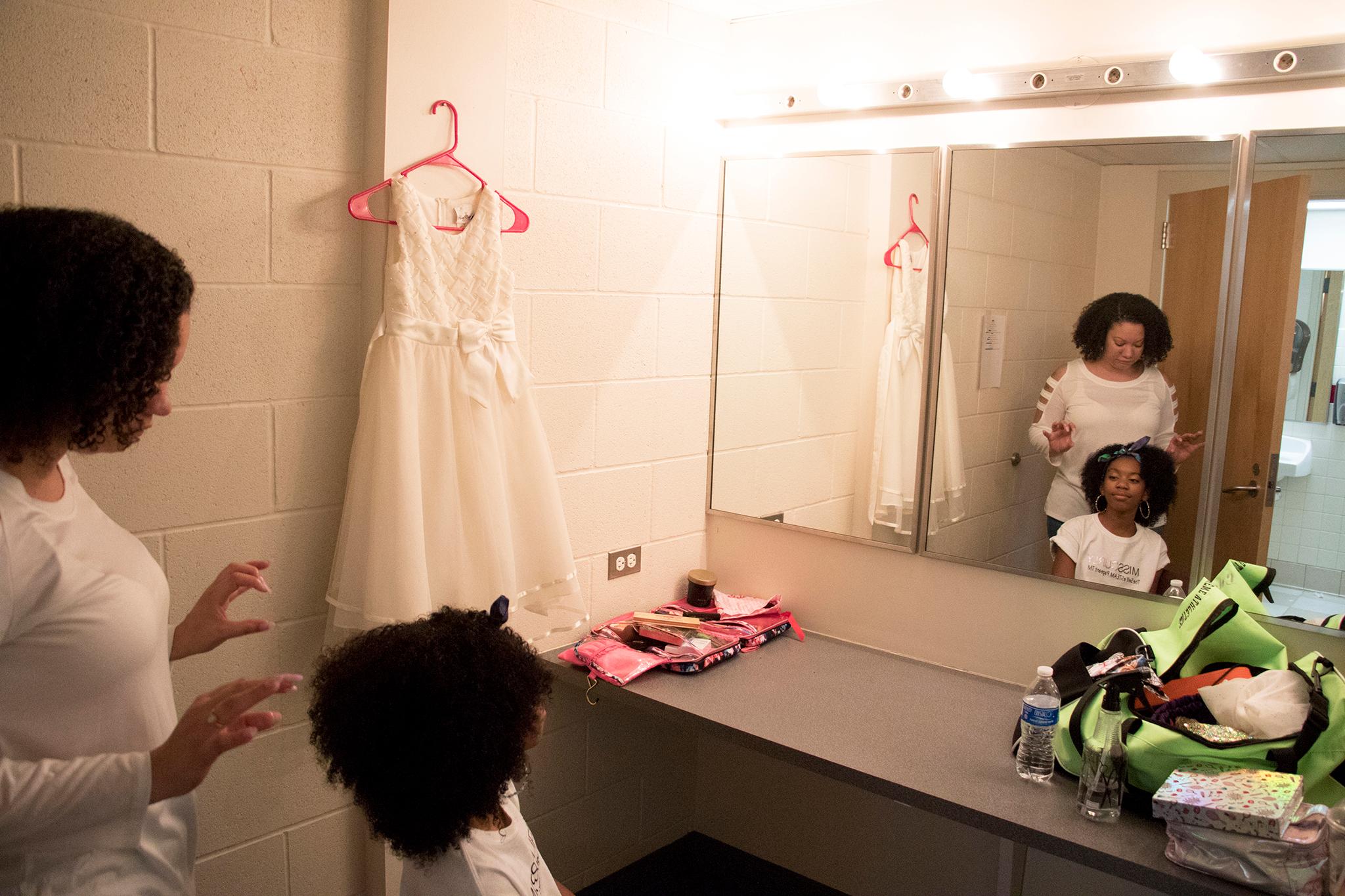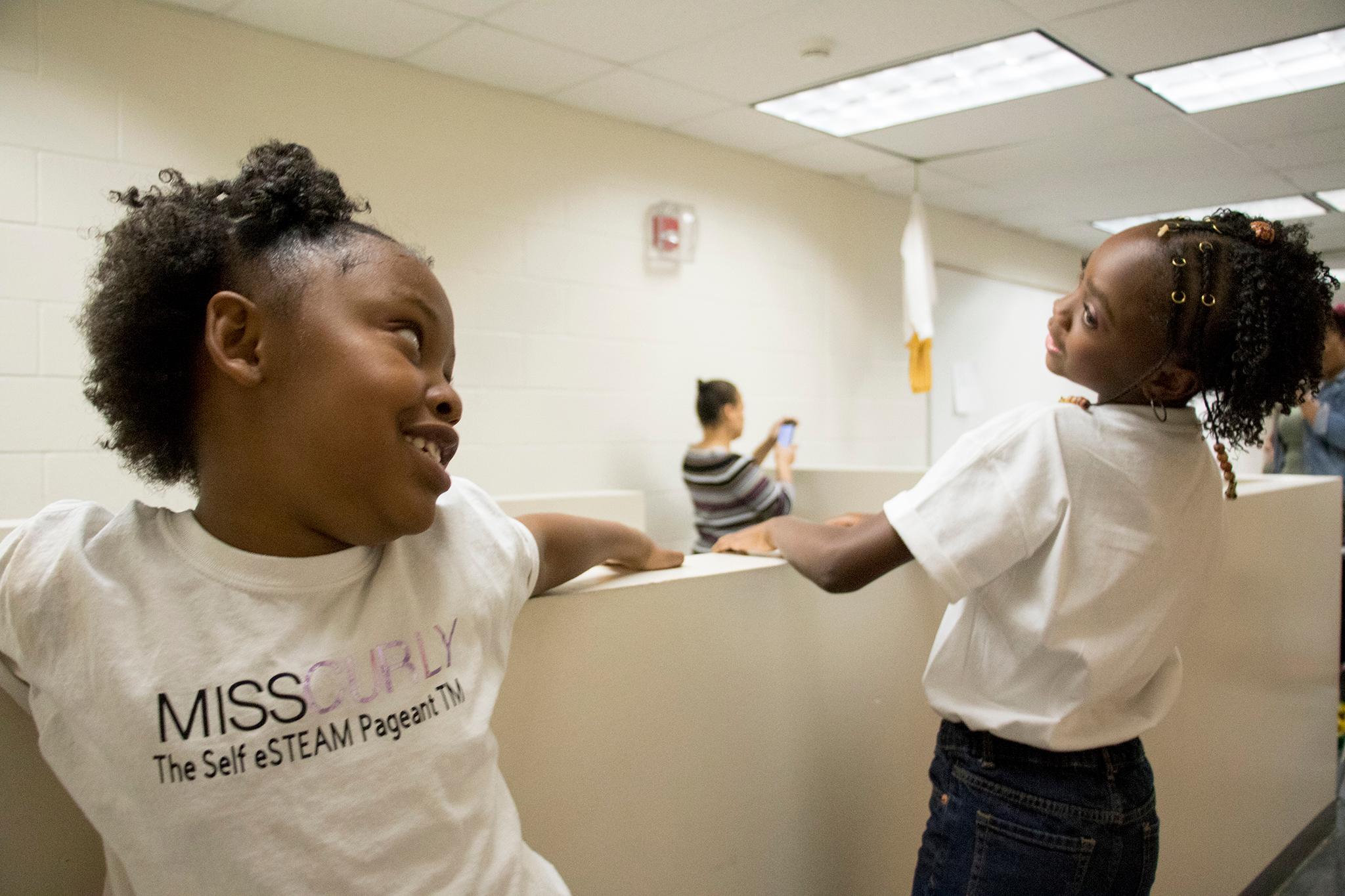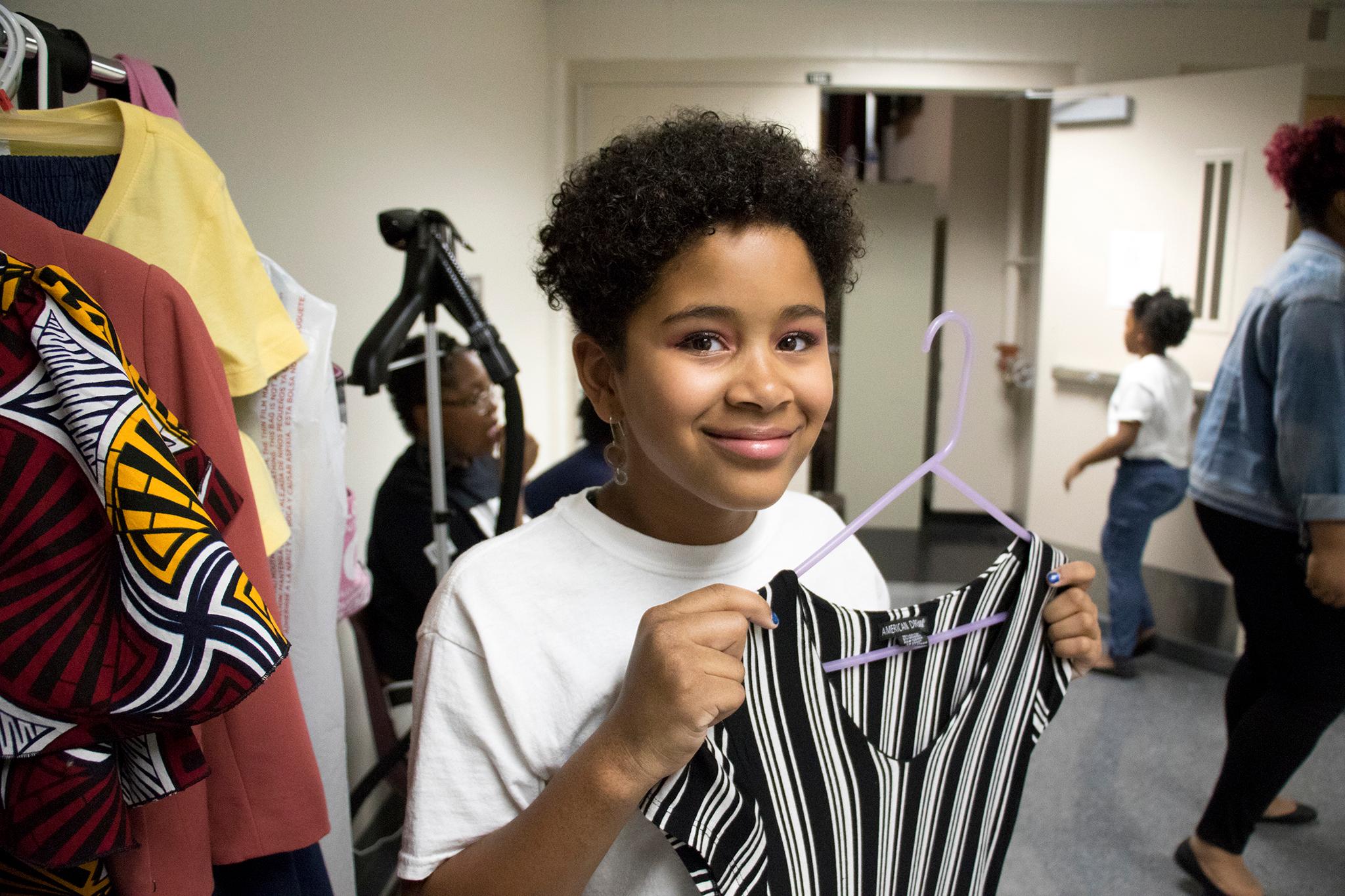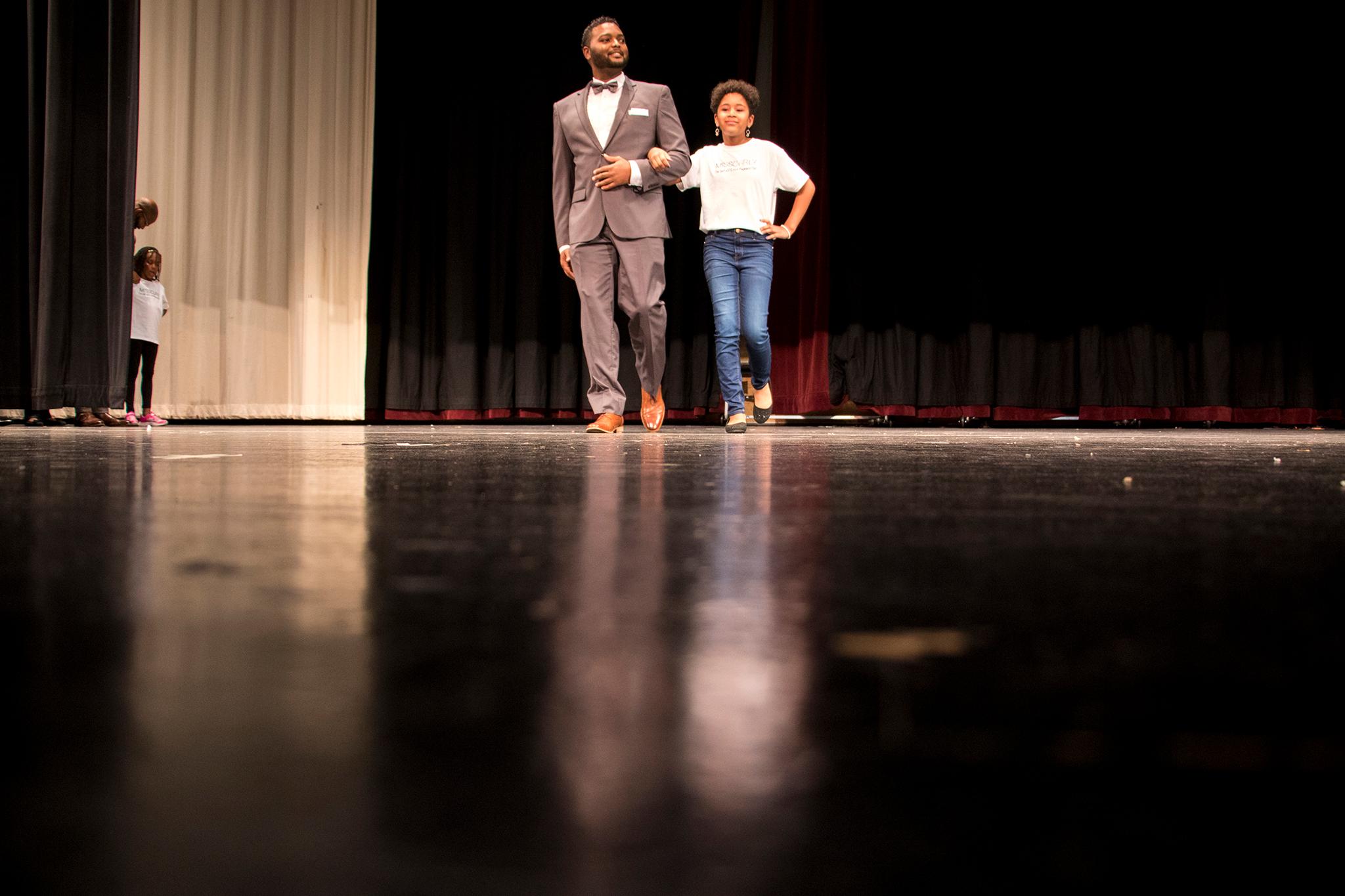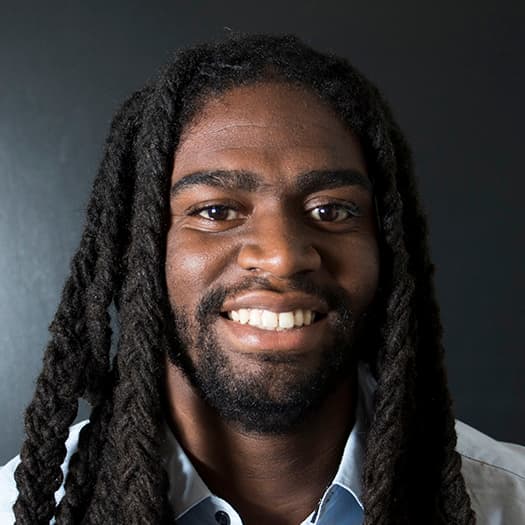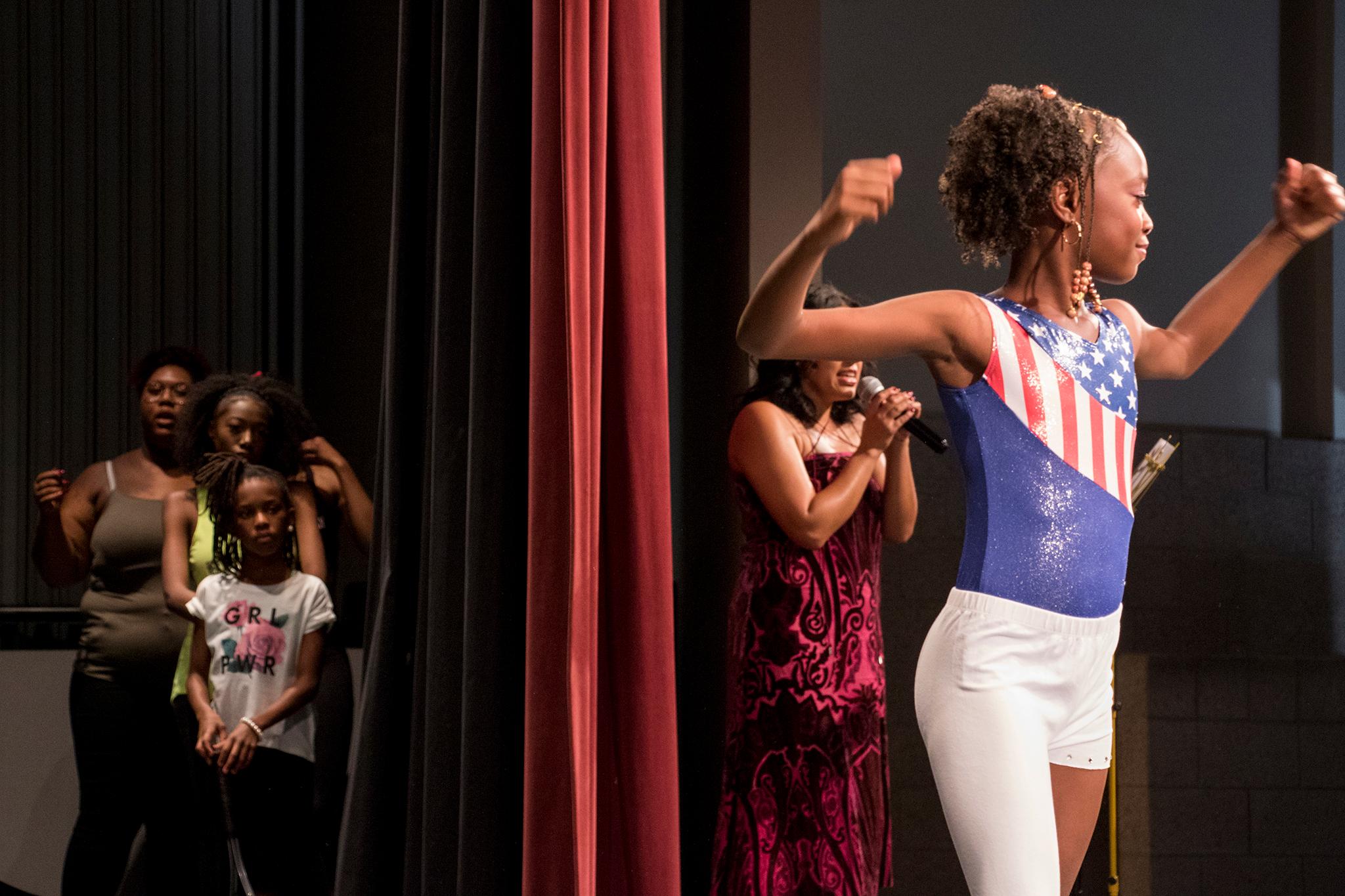Frustrated with seeing awesome displays of celebrations of women with curly hair doing awesome things in other cities but not in Denver, Analise Harris, founder of Curls on the Block, decided to create her own space for that energy.
Last year, she held the inaugural Miss Curly Self E-Steam Pageant, which brought together several of her major passions, namely, lifting up young women with curly hair and underscoring the message that they too deserve to be a part of STEAM -- science, technology, engineering, the arts and math -- industries in the workforce.
Changing the narrative around those particular topics is no easy task as embracing natural hair styles has been a well-documented social and cultural battle, and at the same time, women, especially women of color, are underrepresented in STEAM-related fields.
In fact, recently, the Women’s Foundation of Colorado issued a report that stated that “women make up 46 percent of the total Colorado workforce, yet they are less than a third of all STEM workers in Colorado.” That disparity takes staggering jumps when they account for the under-representation of women of color in those fields. According to the WFC, black and Latina women make up only 1 percent of the engineering workforce in the United States.
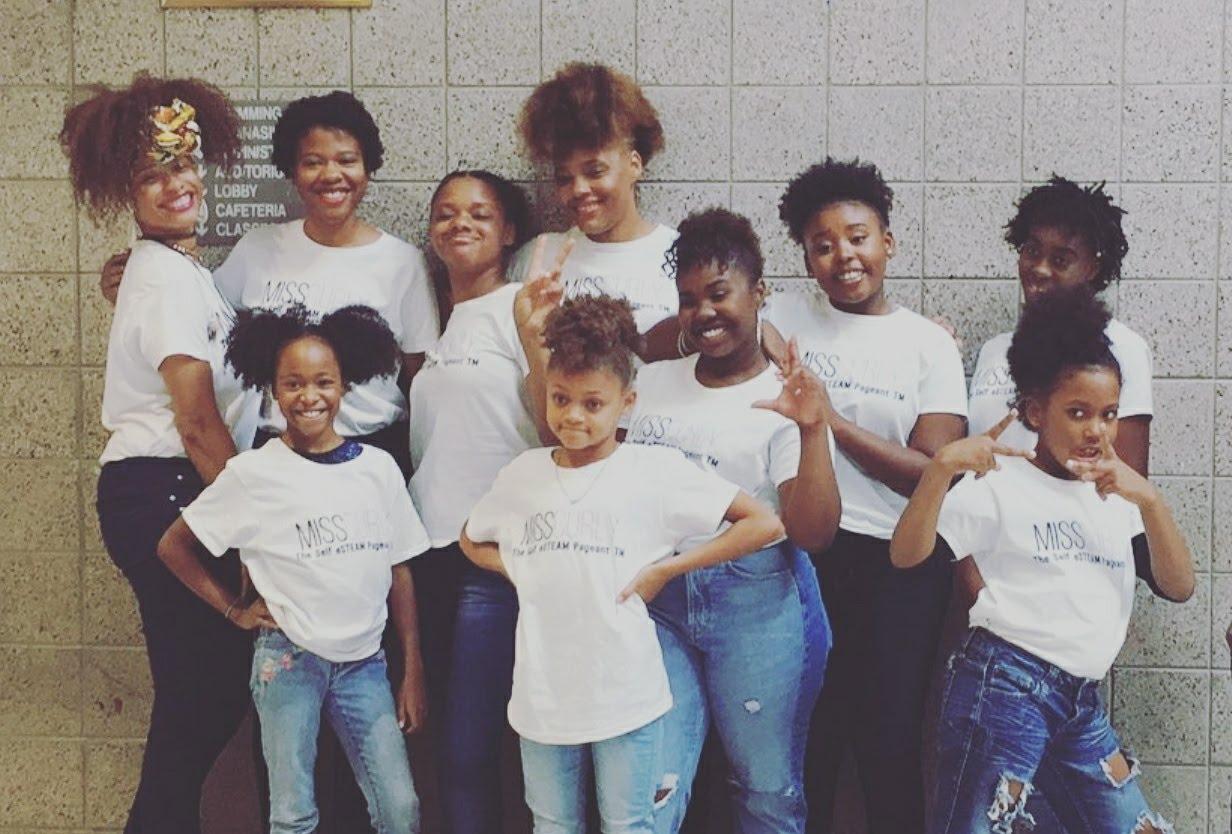
Through her work in schools with Curls on the Block, Harris was able to see how these issues intersect in the lives of young girls of color, and that is where A Curly Weekend comes in. It's a weekend of programming focused on beaty, health and STEAM, mostly taking place on the Rachel B. Noel Campus in the Gateway-Green Valley Ranch neighborhood. This year, Harris will have the pageant take place on Sunday, in conjunction with the rest of a weekend that puts curly-haired women and their possibilities in STEAM at center stage.
While she was aware of some of the difficulties she would encounter in trying to execute her vision, she partnered up with like-minded women from near and far to help give Denver an experience she believed it was missing.
"The speakers are all connected to STEAM," Harris said. "It is here to encourage all young people, but young black girls in particular. It's just a time to celebrate and highlight black women doing it. That’s the underlying theme at the end of the day. I want kids out here to know there’s black women doing stuff in STEAM and they don't all have straight hair and they're cool."
She however knows it’s going to take a lot of re-education to get the city in step with a new vision of these curly haired women’s place in the economic and cultural landscape.
“Parents are up against century-old perspectives of beauty standards leading the value of what a woman's worth is, so we’re up against a lot,” Harris said. "We got to be willing to battle our own mind-state as well, which is difficult when you're in spaces that have traditionally and historically banned who you are."
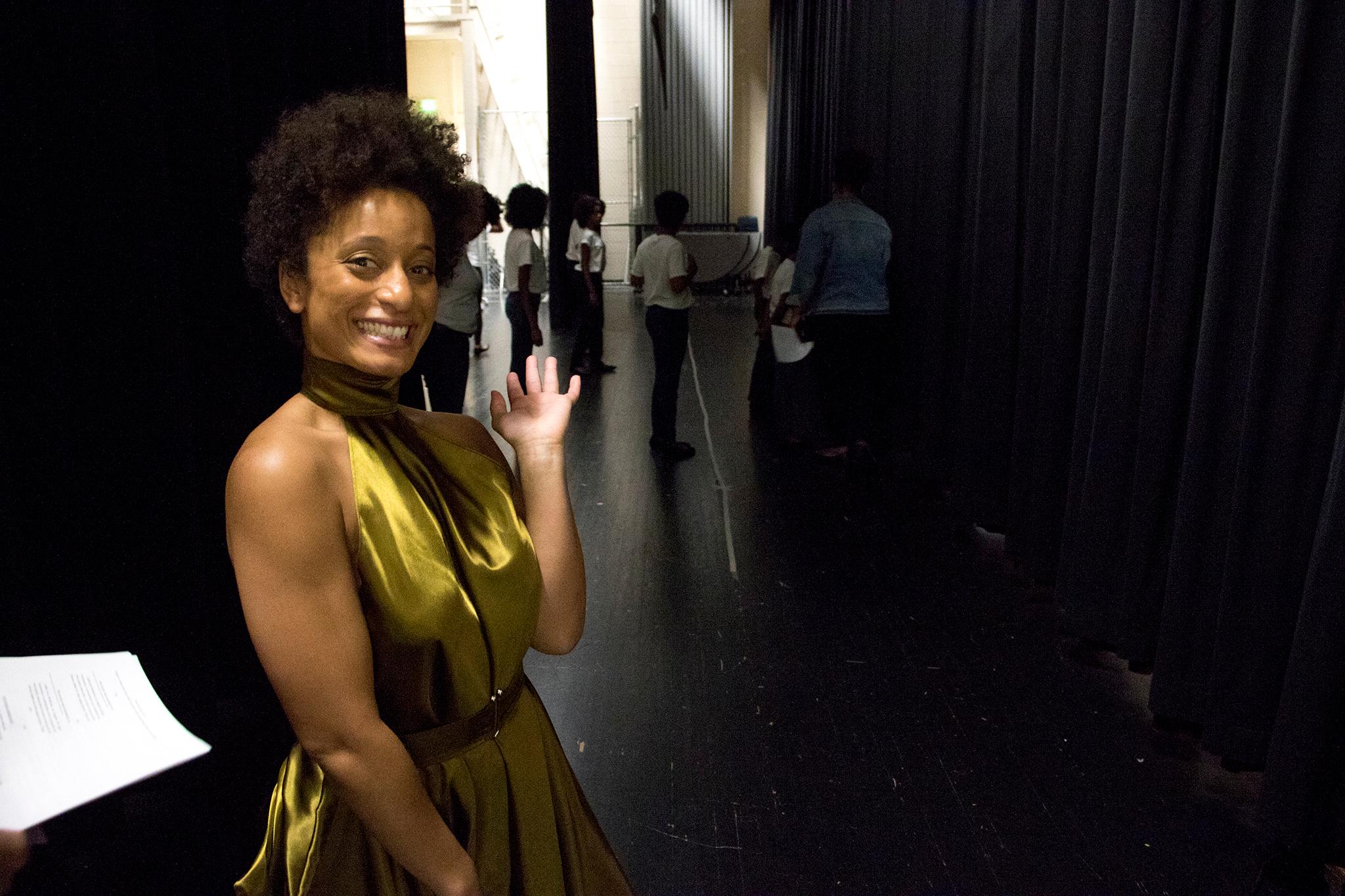
Manushkka Sainvil, founder of Chubby Curls, said events like this can give women, especially young women, the sense of communal support they need to feel comfortable in their own skin regardless of the social pressures that push them in the opposite direction.
She says events like A Curly Weekend exist "to give them permission to say, 'You know what, my hair is beautiful, look at at all these women with their heads held high that have hair like mine.'"
She also said that, especially these days with the changes that have taken place in the city, it is hard to build a platform for that message, but events like the Curly Weekend can turn that around here in Denver.
Tiffany Boyd, owner and creator of beAfrica, echoed that sentiment, noting that this type of thinking is important in a politically charged climate like our current one.
“It has a heightened sense of importance because the question is why is this such a big issue?" Boyd said "Is it because you actually don't like it [natural curly hair]? Or is it about oppressing culture so that you could get your way?
"Every little bit of emphasizing where we come from is important right now. Our kids need to know how to love themselves the way that they are.”
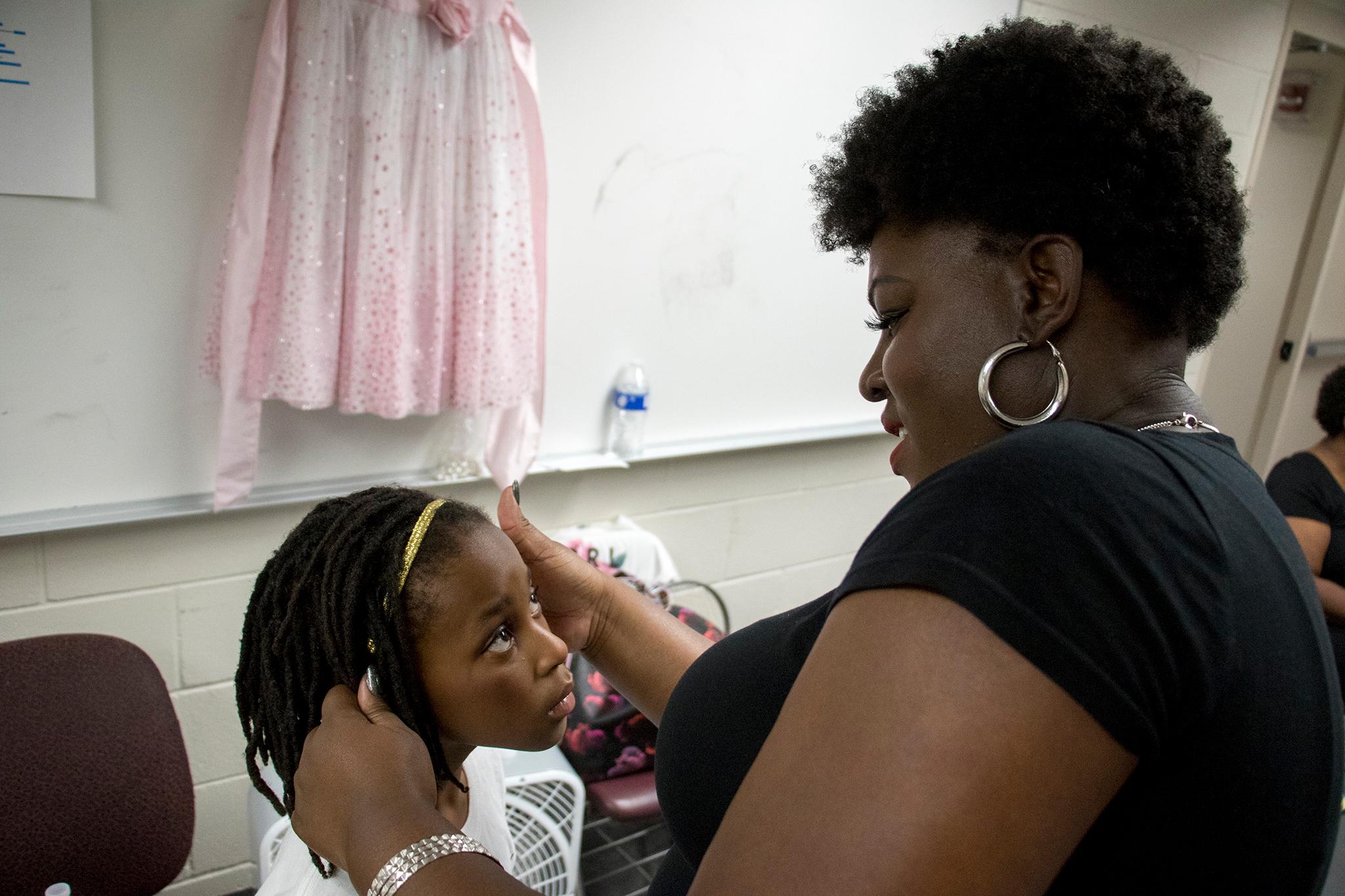
Sainvil said the change they seek to initiate in both public and private perception is more than a movement because they’ll be here to stay.
“To me when you say a movement, like the civil rights movement, you think of a specific period of time," Sainvil said. "I don't like to say natural hair movement because it's here to stay."
The crucial role that each individual will have to play in changing these narratives is not lost on Harris and she’s ready to have those uncomfortable conversations that uproot what, for her, are now outdated presuppositions about what women’s appearances and roles should entail.
“Our inner voice is like our worst enemy or our greatest advocate and that's why I have Curls on the Block. You're not dependent on other people to accept you, you got to accept you,” Harris said.
“Part of it, is being willing to step in uncomfortable spaces just like we want white folks to do.”
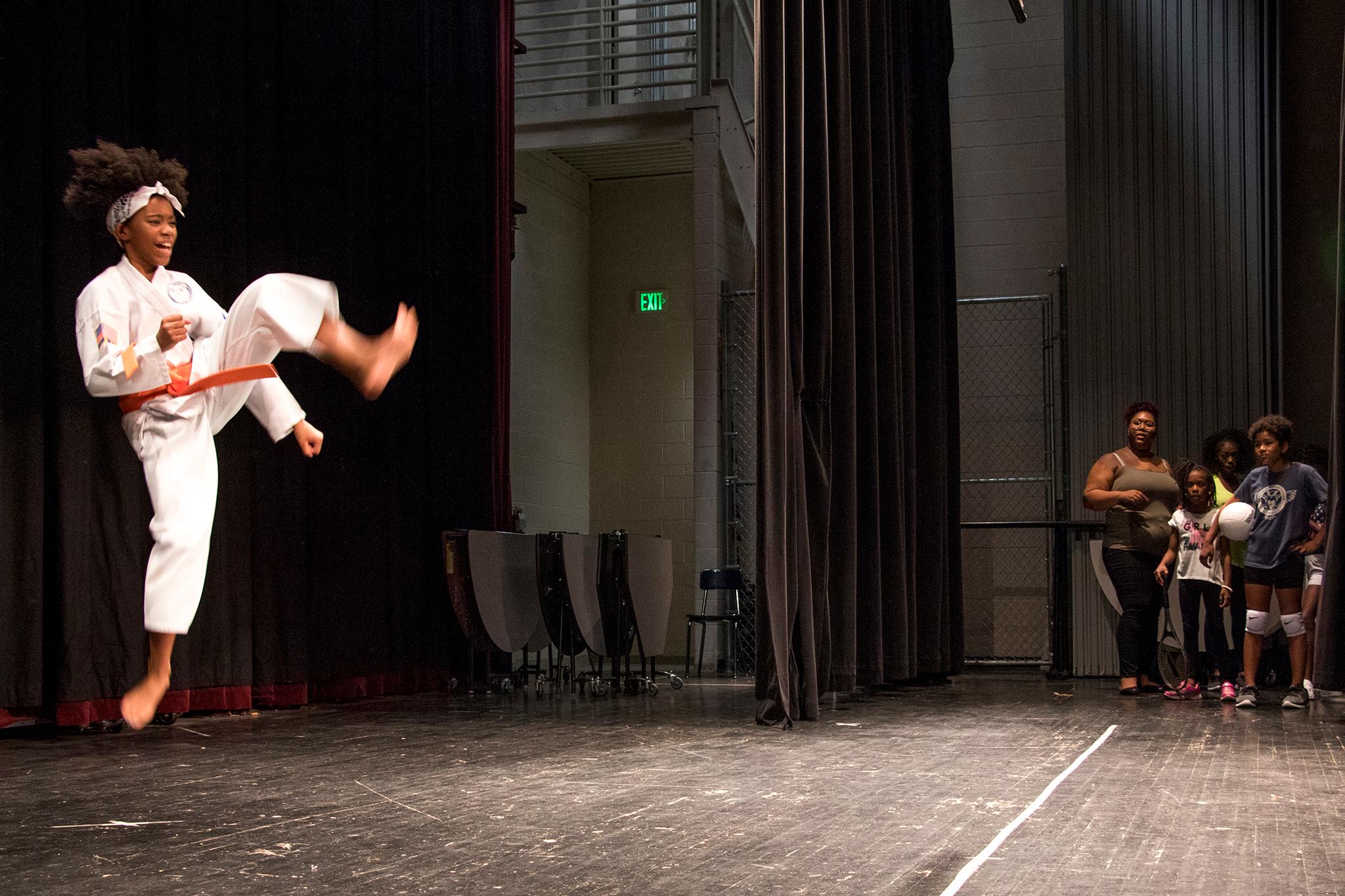
Boyd echoed that sentiment, as breaking some of those residual issues is something her company is actively working to accomplish.
“One of the things we try to do is educate folks that Africa is not taboo, your culture is not a stereotype, it's the way you are. Africa is not what Hollywood perceives it to be.”
Boyd is an African American, but still, she takes great pride in her African heritage, and she finds that young people become empowered by having a firm grasp on the full understanding of their heritage that was often manipulated to be seen as negative, especially where beauty standards are concerned.
One element of this weekend that Harris has been extremely proud of is the amount of collaboration that took place in order to get the Curly Weekend up and running. She’s currently working on putting together something called the Curly Co-op that will give these like-minded entities the opportunity to address these topics more often, possibly even quarterly.
She says she will measure A Curly Weekend's success by its long-term impact on the Denver scene.
"I’m trying to create this community for the kids as well," she said. "We’re always going to have kids so they still need this investment. We got to see this expand."
The full schedule for the weekend event can be found here.
